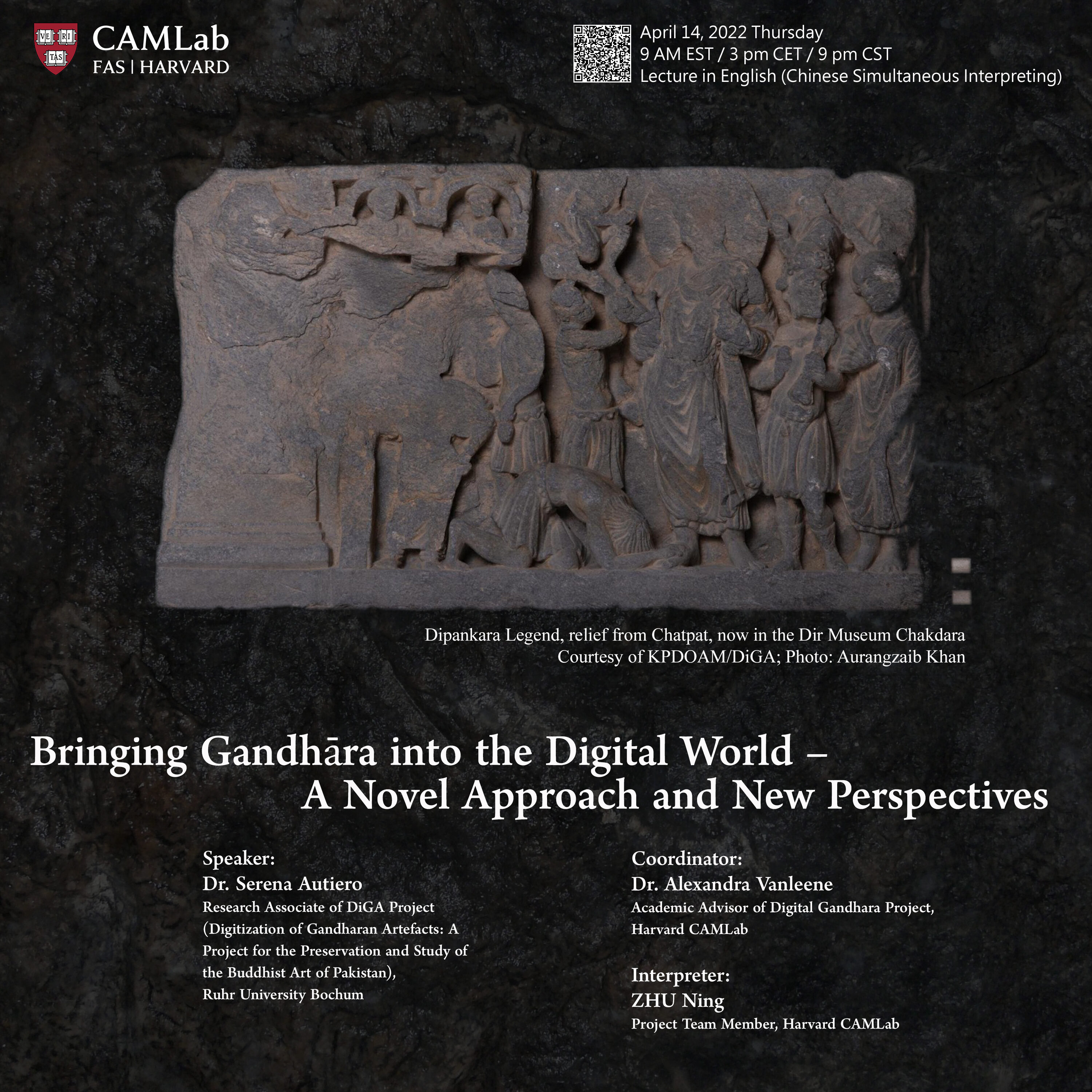February 24, 2022, 7:00 pm EST
Professor Nile Green
- Professor & Ibn Khaldun Endowed Chair in World History
Historian of the multiple globalizations of Islam and Muslims. After beginning his career as a historian of India and Pakistan, Professor Green has traced Muslim networks that connect Afghanistan, Iran, the Indian Ocean, Africa, Japan, Europe and America.
Professor Green served for eight years as founding director of the UCLA Program on Central Asia, and currently serves on the Association of Asian Studies’ South Asia Council; on the Executive Committee of the American Institute of Afghanistan Studies; and on the editorial boards of Iranian Studies, Iran-Nameh, Afghanistan, the Journal of South Asian Intellectual History, and the South Asia Across the Disciplines book series. He previously spent five years on the editorial board of the International Journal of Middle East Studies.
Research: World history; Islam & Muslims in global history; early modern & modern history of India/Pakistan, Afghanistan, Iran and Central Asia; Muslim interactions with the non-Muslim world; Sufism; the Indian Ocean; Persian & Urdu travel writing; Islamic printing.
追溯佛光——1920-1960年代的阿富汗学者及犍陀罗研究
Through their interaction with French archaeologists in the 1920s, Afghan intellectuals began to formulate a new historical identity for their young nation based on its ancient pre-Islamic past. The artistic legacy of Gandhara played a crucial role in these developments, not least through its excavation and valorization by prominent European scholars.
Combining sources in Afghan Persian (Dari) and French, this richly-illustrated lecture provides an overview of this process by tracing the early Afghan reception of European art-historical and archaeological research. After surveying the institutional context for these developments by way of the establishment of the National Museum, Kabul Literary Society and Afghan Historical Society, the lecture turns to the writings of the new Afghan intellectuals who constructed a history of ‘Aryana’ rather than ‘Gandhara’ as the civilizational heritage of the modern Afghan nation-state. By focusing on the heyday of this discovery of Buddhist art between the 1920s and 1960s, the lecture reveals a little-known counterpoint to the infamous later destruction of the Buddhas of Bamiyan.
Note: [This lecture will be presented in English with simultaneous translations to Mandarin Chinese. ]
February 24, 2022, 7:00 pm EST
Professor Nile Green
- Professor & Ibn Khaldun Endowed Chair in World History
Historian of the multiple globalizations of Islam and Muslims. After beginning his career as a historian of India and Pakistan, Professor Green has traced Muslim networks that connect Afghanistan, Iran, the Indian Ocean, Africa, Japan, Europe and America.
Professor Green served for eight years as founding director of the UCLA Program on Central Asia, and currently serves on the Association of Asian Studies’ South Asia Council; on the Executive Committee of the American Institute of Afghanistan Studies; and on the editorial boards of Iranian Studies, Iran-Nameh, Afghanistan, the Journal of South Asian Intellectual History, and the South Asia Across the Disciplines book series. He previously spent five years on the editorial board of the International Journal of Middle East Studies.
Research: World history; Islam & Muslims in global history; early modern & modern history of India/Pakistan, Afghanistan, Iran and Central Asia; Muslim interactions with the non-Muslim world; Sufism; the Indian Ocean; Persian & Urdu travel writing; Islamic printing.





